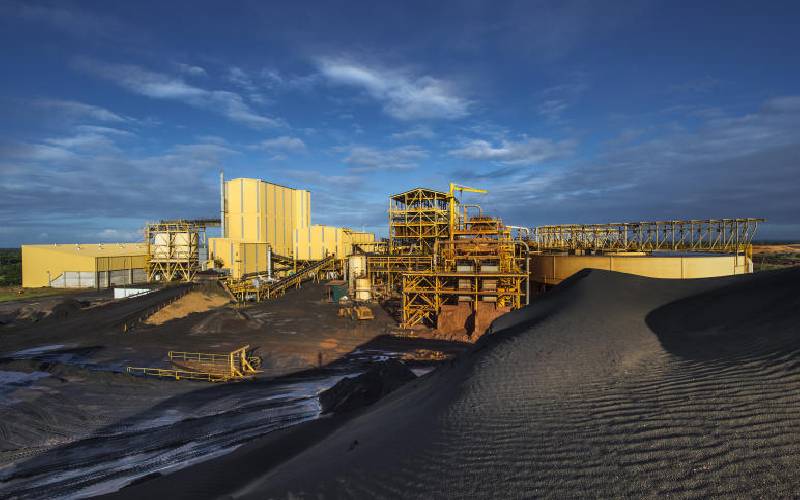×
The Standard e-Paper
Join Thousands Daily

Base Titanium Limited - Kwale Sands Mine.
Foreign investment in sub-Saharan Africa rose 13 per cent last year to Sh 3.2 trillion ($32 billion), bucking a global downward trend and reversing two years of decline, according to a United Nations report.